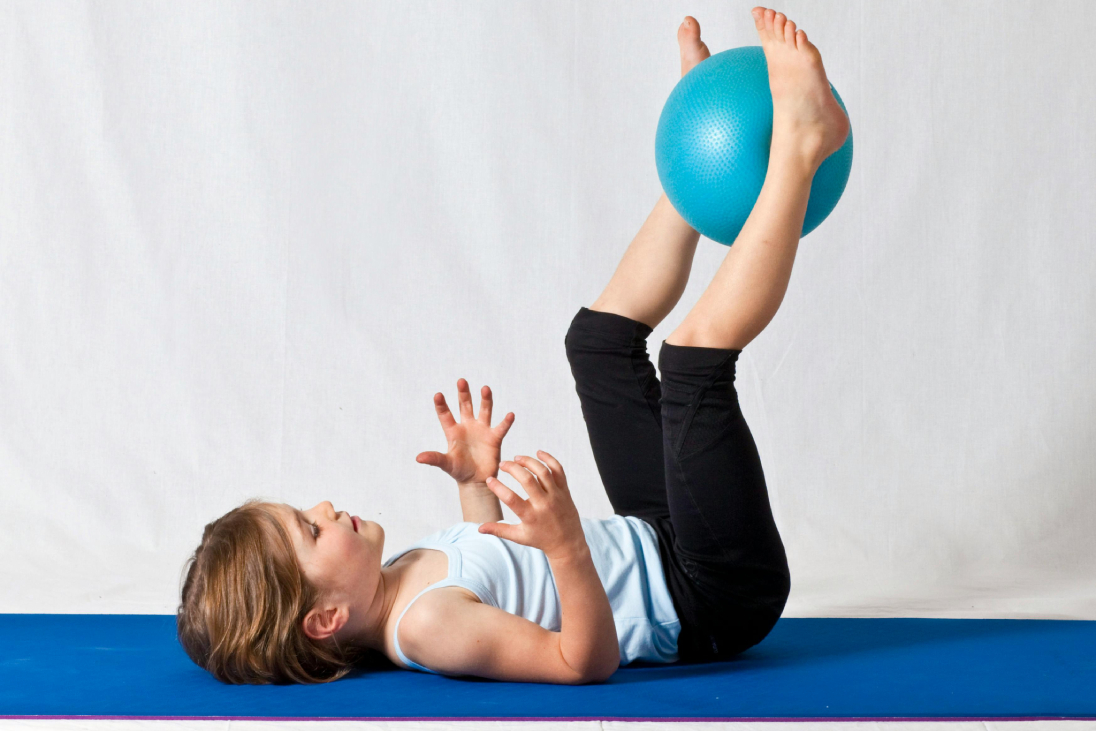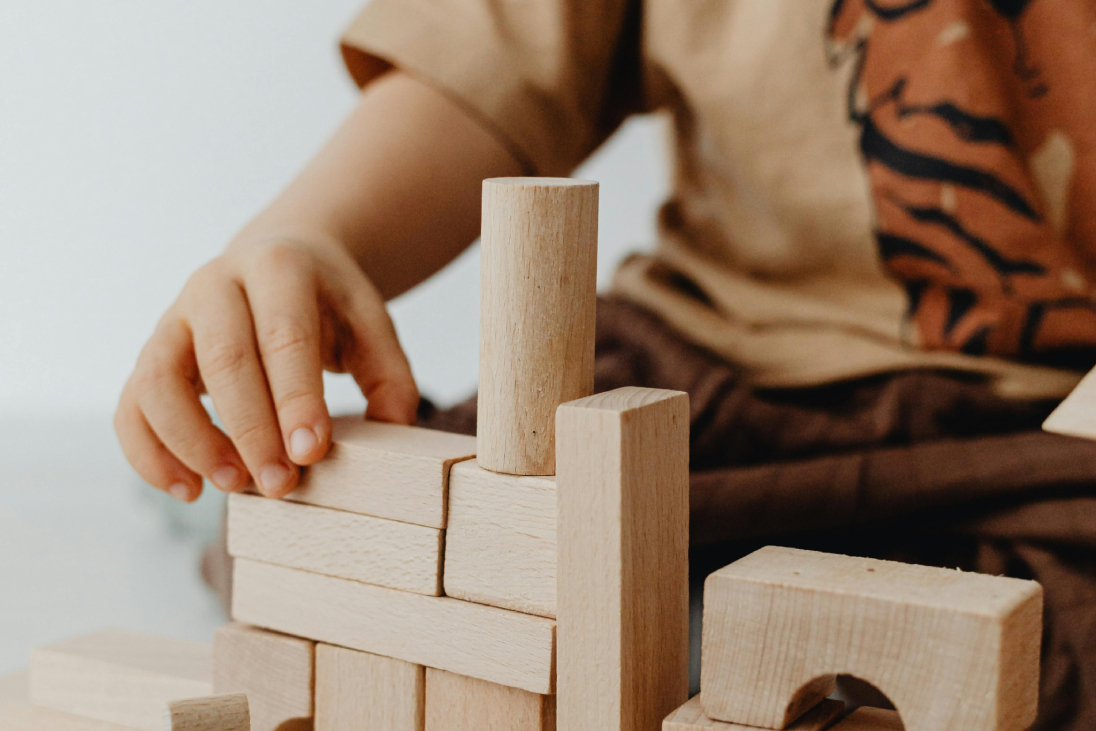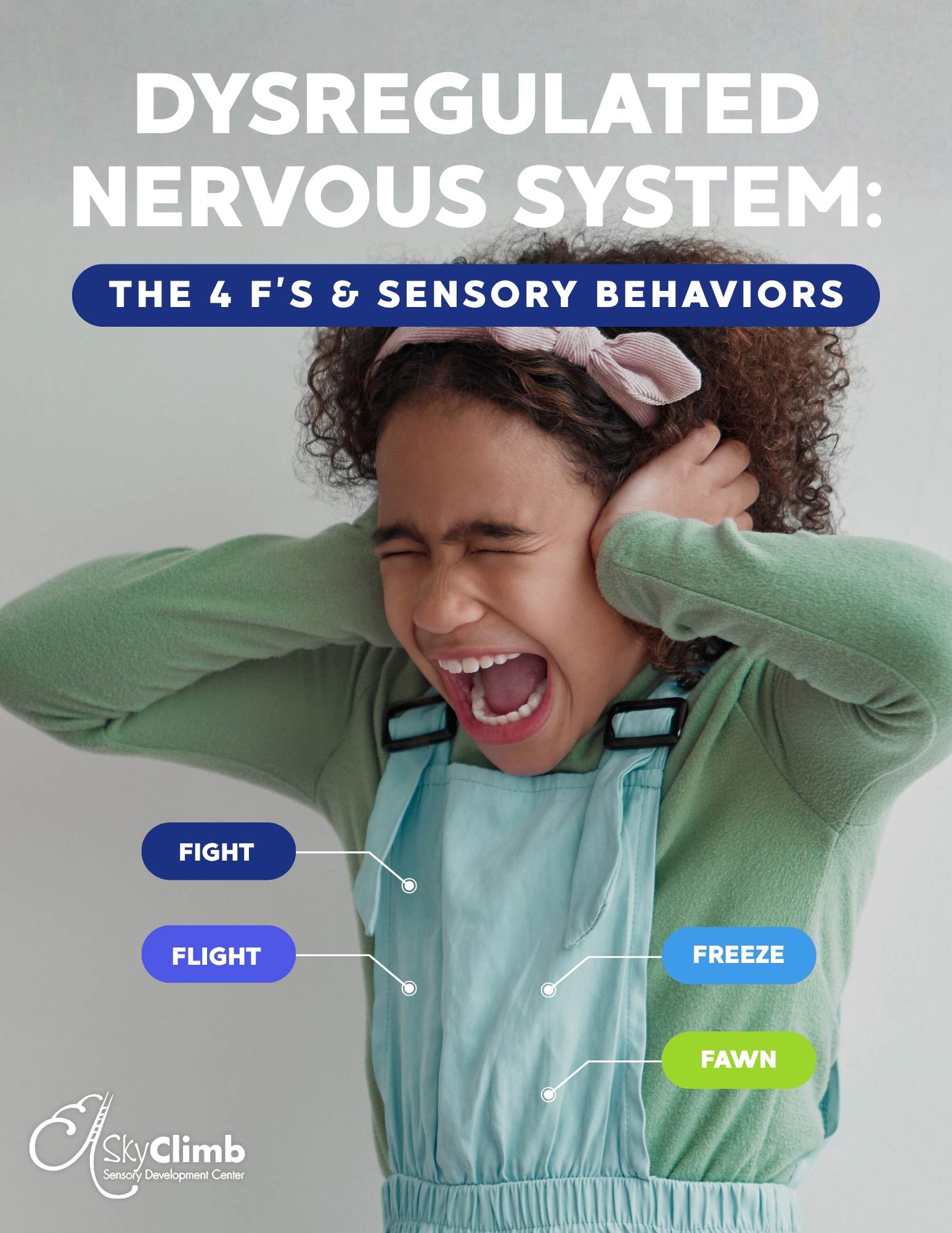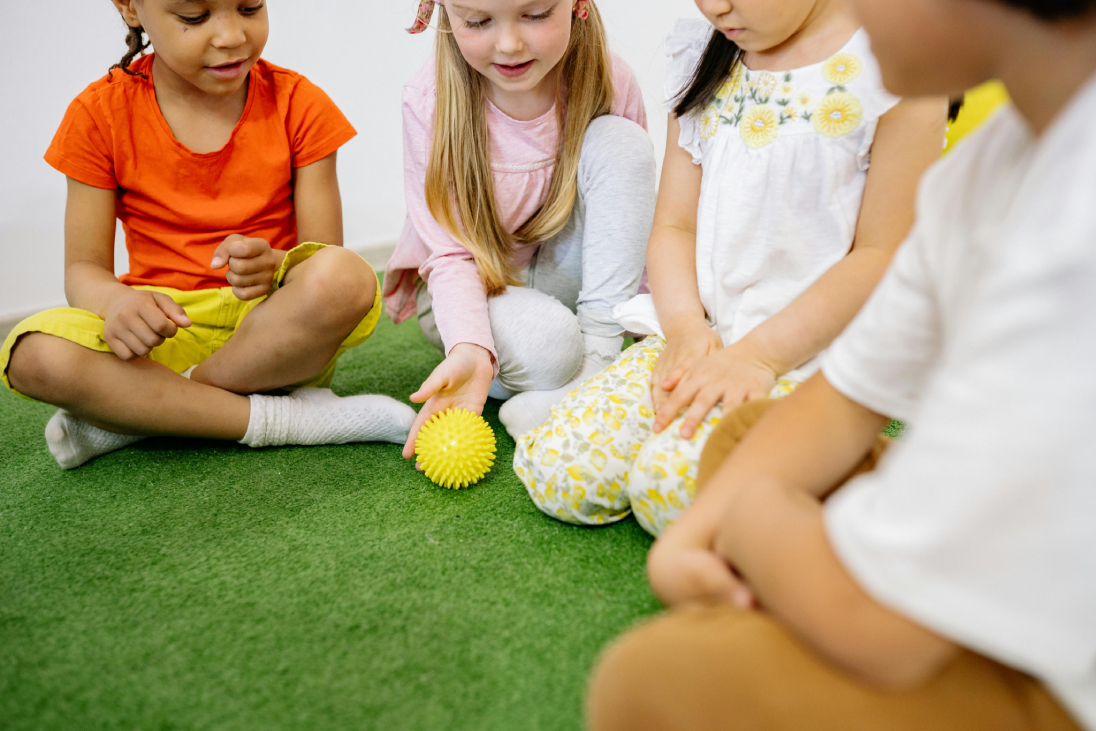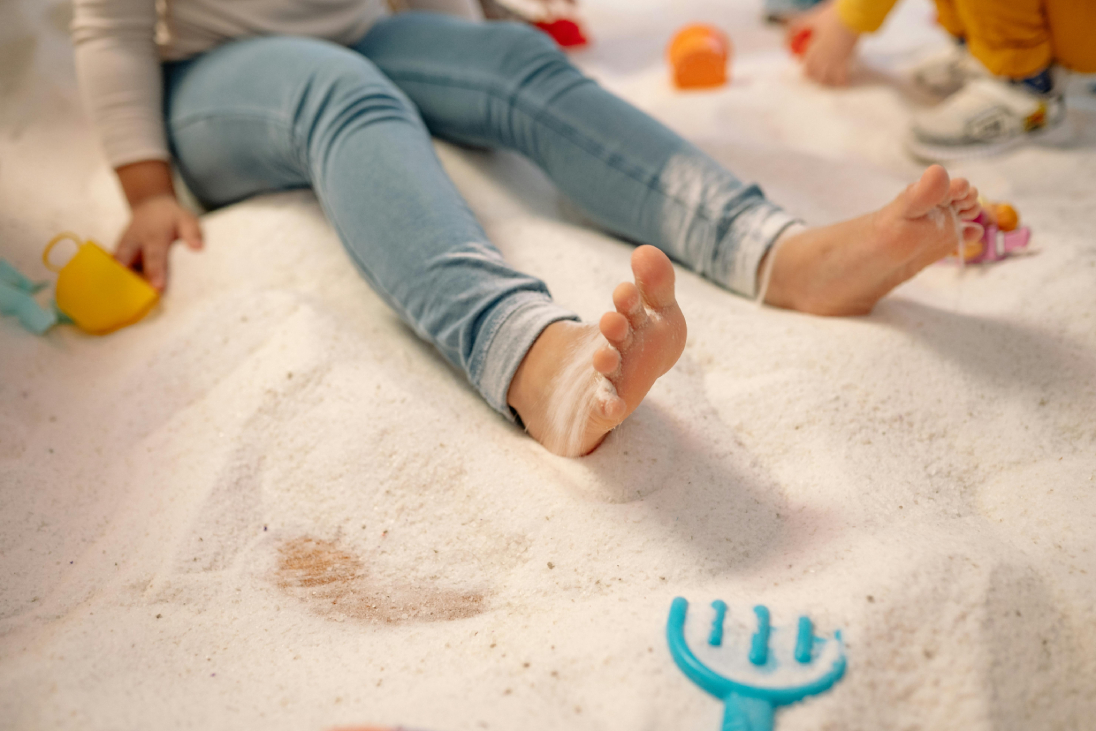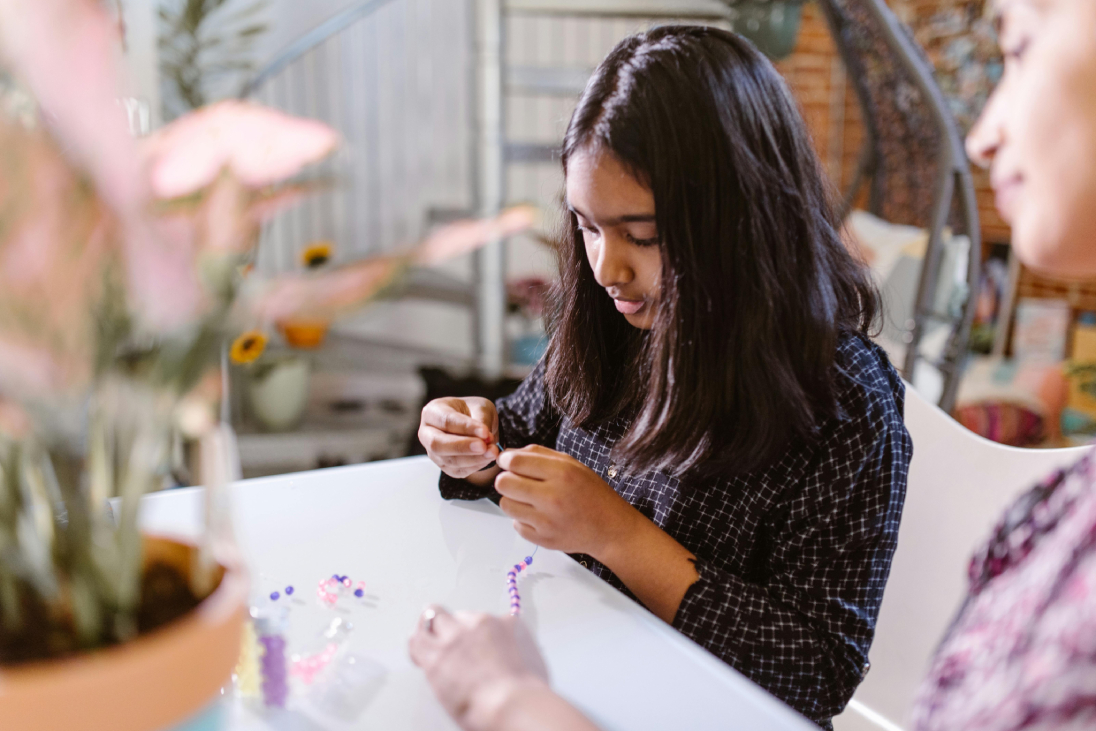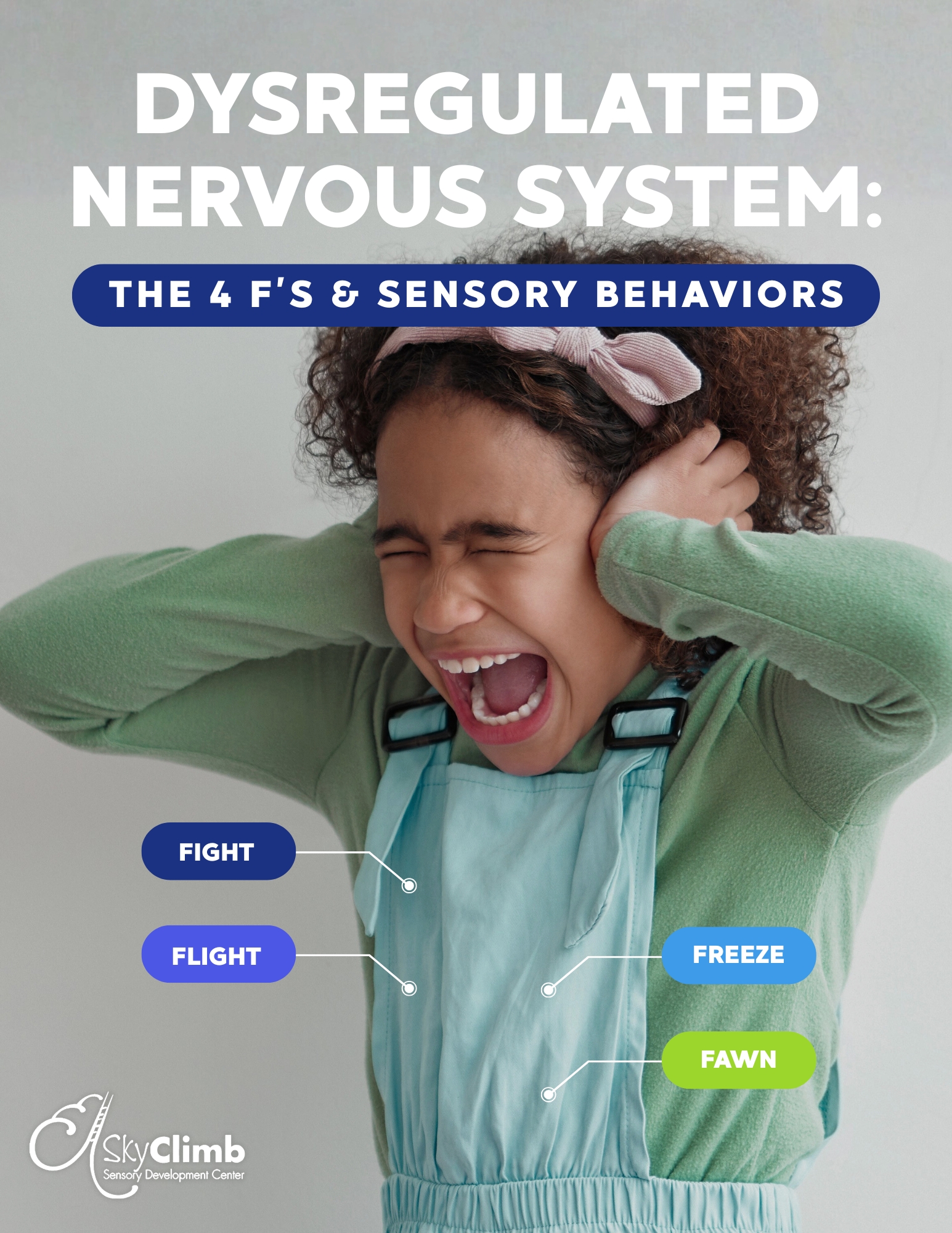At SkyClimb Sensory Development Center, we believe in the power of a child’s nervous system to adapt and thrive. Our approach goes beyond traditional occupational therapy—it’s about rewiring sensory processing, reworking primitive reflexes, and reconnecting with co-regulation to help your child gain mastery over their emotional regulation, sensory issues, and overall daily functioning. We take an individualized approach to help children fully engage in social, academic, and recreational activities, empowering them to perform at their best. If your child struggles with any of the areas below, an OT evaluation could be the next step toward unlocking their potential.

